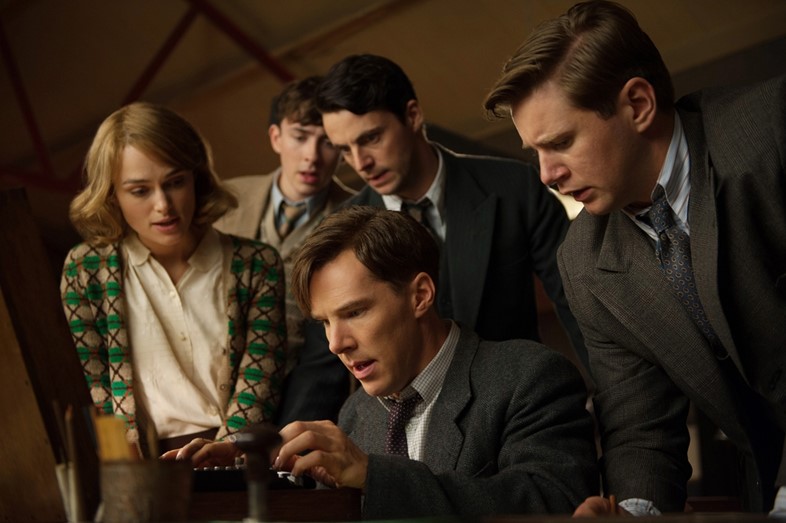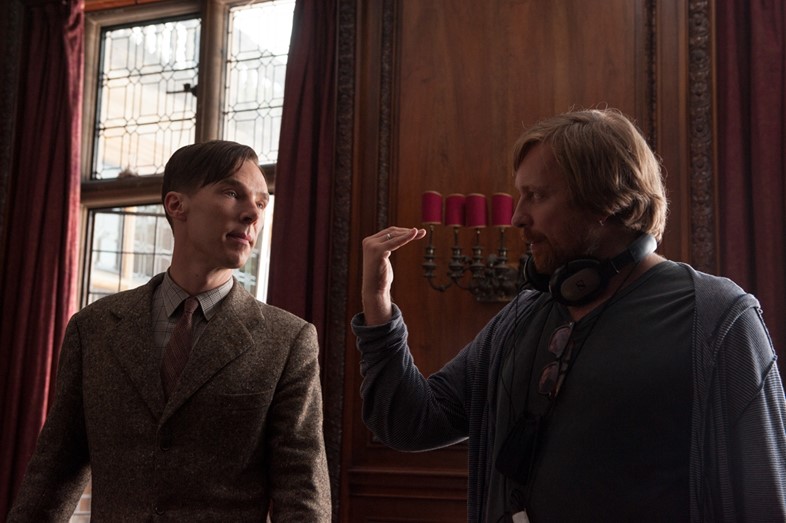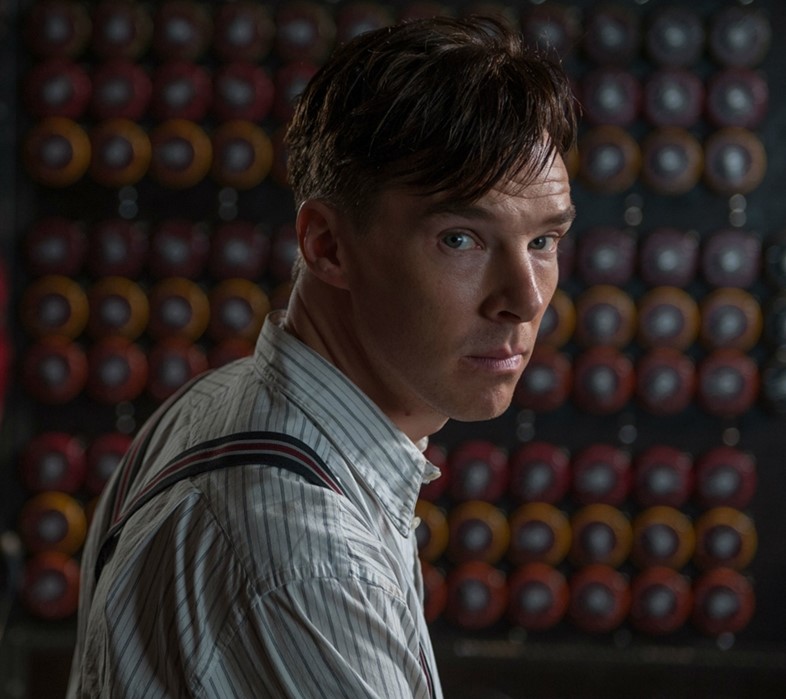The Imitation Game director Morten Tyldum talks Alan Turing's unique philosophies and how he fell in love with the mathematical genius
"To me Alan Turing was almost as much a philosopher as he was a mathematician. His ideas were revolutionary – what does it mean to be alive? What does it mean to think? He had a theory that we are only human to the degree that we can convince other people that we are human. We are what we are because other people are convinced we are what we are. He was obsessed by the artificial mind, artificial intelligence. And finding some way to capture the essence of a being and recreate that. His ideas are so revolutionary and so interesting. He was such a knowing man on so many levels. I became obsessed with the story the more I read about it. I think that you can’t help but fall in love with this awkward and unique man who we all owe so much to."

Norwegian director Morten Tyldum never wanted to make a period drama. So when his agent sent him the script for The Imitation Game, complete with a disclaimer that although it technically fell into the forbidden category, it was too beautiful to ignore, he had his reservations. Yet, as soon as Tyldum read the remarkable tale of gay mathematician, computer scientist and World War II codebreaker Alan Turing, he was smitten and immediately resolved that this would be his next project, and first English language film. "As a filmmaker you don’t really get to pick your projects – you fall in love with them," he explains.
"I think that you can’t help but fall in love with this awkward and unique man who we all owe so much to."
Despite being a low-budget, independent production, the strength of the script and of Tyldum's vision attracted a number of big names – a captivating Benedict Cumberbatch taking on the role of the socially awkward genius, and Keira Knightley that of his close friend and fellow codebreaker Joan Clarke. The Oscar-tipped film is a thrilling watch, fraught with tension and the horrors of war, perfectly juxtaposed with witty one-liners and brief bursts of intense joy.

But what is equally striking is that this is a true story – that the man who skimmed two years off the war, was responsible for saving an estimated 14 million lives and invented the first computer was so badly treated by Britain and largely forgotten. As Tyldum reflects, "After reading the script, I was shocked and amazed at how little I actually knew about him. You know, why wasn’t this man wasn’t on the front cover of my history books when I was at school? So it’s been a very special journey to tell the story of Alan Turing on the big screen for the first time."

Morten Tyldum was speaking at a special screening of The Imitation Game at The Science Museum on Wednesday November 12. The Imitation Game is in cinemas from today.